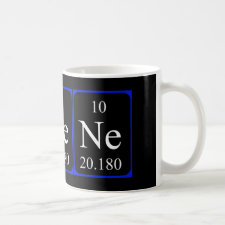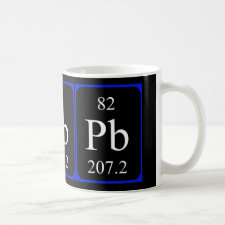
Authors: Hashemi-Moghaddam H, Asadian-Amiri M, Bagheriyan S
Article Title: Synthesis of different types of salamthio molecularly imprinted polymers for separation and preconcentration of lead.
Publication date: 2016
Journal: Desalination and Water Treatment
Volume: 57
Issue: (52)
Page numbers: 25089-25096.
DOI: 10.1080/19443994.2016.1145600
Abstract: A molecularly imprinted polymer (MIP) was synthesized via non-covalent, bulk, thermal radical polymerization using methacrylic acid (functional monomer), ethylene glycol dimethacrylate (cross-linker), 2,2'-azobisisobutironitril (initiator), acidic and basic lead salamthio complex (templates), and methanol (porogenic solvent). A control polymer (non-imprinted polymer, NIP) was prepared under well-defined conditions without the use of template for comparison. Acidic and basic MIP and NIP were subjected to extraction experiments. Various parameters, including pH, time, concentration of sample, and type of eluent for elution of lead from polymer, were optimized. In addition, the interfering effect of MIP on lead absorption was investigated. Results obtained for acidic, basic, and NIP showed that acidic lead salamthio complex has significantly better adsorption capacity and faster adsorption kinetic, and can elute lead more efficiently than basic lead salamthio MIP. The amount of lead was measured in the lipstick and tap water after preconcentration by the synthesized MIPs, and then compared with the results obtained using GFAAS. The proposed method showed high performance for preconcentration of lead
Template and target information: acidic and basic lead salamthio complex, salamthio, lead ion, Pb(II)
Author keywords: molecularly imprinted polymer, Solid-phase extraction, lead, Salamthio



Join the Society for Molecular Imprinting

New items RSS feed
Sign-up for e-mail updates:
Choose between receiving an occasional newsletter or more frequent e-mail alerts.
Click here to go to the sign-up page.
Is your name elemental or peptidic? Enter your name and find out by clicking either of the buttons below!
Other products you may like:
 MIPdatabase
MIPdatabase









